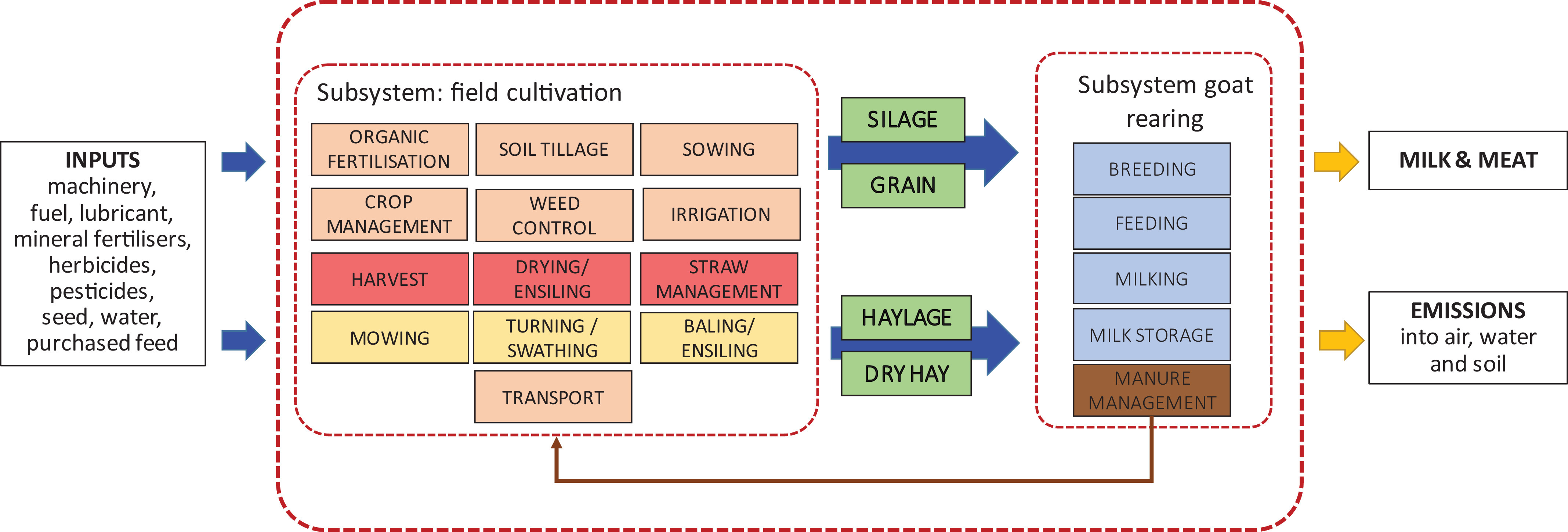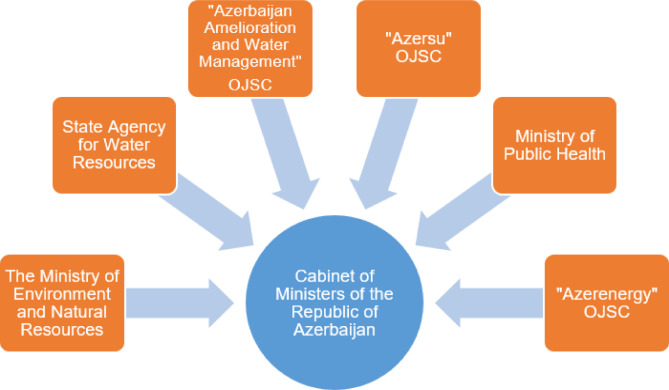Diagnosis and Management in Dementia: The Neuroscience of Dementia, Volume 1, Volume , 1 January 2020
Soil and water salinity and associated problems are a major challenge for global food production. Strategies to cope with salinity include a better understanding of the impacts of temporal and spatial dynamics of salinity on soil water balances vis-à-vis evapotranspiration (ET) and devising optimal irrigation schedules and efficient methods. Both steady state and transient models are now available for predicting salinity effects on reduction of crop growth and means for its optimization.


